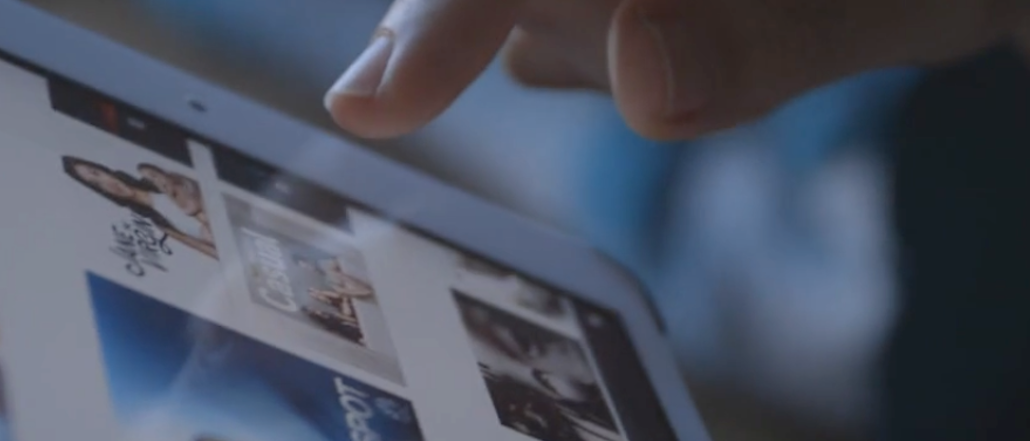Secure your place at the Digiday Media Buying Summit in Nashville, March 2-4

With LiveRail officially shut down, Facebook has been offering former clients of its ad tech platform a path forward through special partnerships that could keep its broader premium video ambitions alive.
Facebook closed LiveRail last month, leaving a number of customers scrambling for new tech partners to sell their online ads programmatically. But it will still run a legacy LiveRail business, minus the brand name, and has designs for a premium video ad offering for select publishers.
Facebook is looking to forge new deals with some former LiveRail customers, a list that has included the likes of Hulu, A&E Networks and Major League Baseball. One client, who is sticking with Facebook as a kind of experiment post-LiveRail, said the social network hasn’t abandoned programmatic advertising altogether.
“Facebook is looking to come up with ad technology that allows premium publishers to monetize inventory themselves using data and targeting, and it will provide learnings and back-end success metrics,” the client source said.
Former LiveRail customers still have to find new ad tech providers for the bulk of their programmatic video ad sales, which could benefit other players in the space like Freewheel.
Hulu is one of the clients considering not going forward with Facebook post-LiveRail, according to sources.
“Hulu doesn’t want to be beholden to Facebook. They want to have something very custom for them,” an ad tech industry insider said.
In fact, Hulu is partly owned by Comcast, which also owns Freewheel. Facebook declined a request for comment, as did Hulu.
Some of LiveRail’s old customers are adopting a wait-and-see approach to continuing a partnership with Facebook, according to sources.
“Facebook could bring an interesting solution to the table, but it wouldn’t be a direct replacement for the functionality of LiveRail,” said Jennifer Lum, founder of mobile ad platform Adelphic.
LiveRail was among the few platforms used by digital video sites to manage their online ad sales. Publishers typically put some of their inventory up for sale through real-time bidding exchanges, and they sell inventory through premium ad packages sold by their sales teams with a personal touch.
By shuttering LiveRail, Facebook showed that it found the ad tech space flawed, filled mostly with low-quality inventory and infected by fraud. Facebook bought LiveRail for $500 million in 2014.
It came as a surprise to LiveRail customers when Facebook dropped its most core services, and retreated from its major programmatic play. It’s become a trend for the social network, which also shut down the Facebook Exchange and dropped plans for a demand-side platform.
Instead of running ad exchanges or private marketplaces through LiveRail, Facebook is experimenting with giving publishers a way to leverage its consumer data to sell targeted ads. In that scenario, the publisher keeps its sales team, and Facebook just gives them some of the tools they need to make deals.
One publisher described the offering as giving them the ability to target ads as effectively as Facebook itself, pinpointing consumers like auto enthusiasts or families expecting their first child.
Still, publishers are being cautious about how reliant they will be on Facebook to help fill ad space moving forward. “We don’t anticipate it being a ton of inventory moved through these Facebook tool sets,” one former LiveRail customer said.
More in Media

WTF is a creator capital market?
What is a creator capital market, what does it mean for creators looking to diversify revenue, and why is it so closely tied to crypto?

Media Briefing: Publishers explore selling AI visibility know-how to brands
Publishers are seeing an opportunity to sell their AI citation playbooks as a product to brand clients, to monetize their GEO insights.

Creators eye Snapchat as a reliable income alternative to TikTok and YouTube
Figuring out the Snapchat formula has been very lucrative for creators looking for more consistent revenue on a less-saturated platform.





